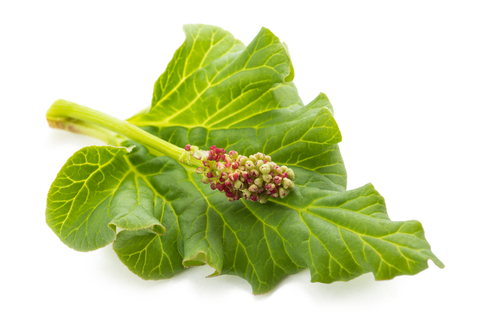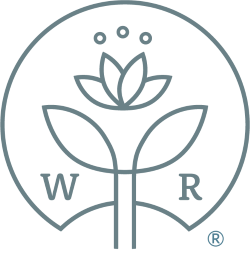Turkey Rhubarb Root

Also known as
Rheum palmatum, Rhubarb root, da huang, and Chinese rhubarb.
Introduction
Turkey rhubarb has been used as a purgative for at least 2,000 years. Its used was recorded in the Chinese medical text Divine Husbandman's Classic of the Materia Medica nearly two centuries before the beginning of the Christian era. Rhubarb roots are dug in September or October after the stem and leaves of the plant are withered by frost. The roots should only be dug after the plants are about 2-3 years old, and the maximum effectiveness of the roots as a purgative requires that they be aged for about 6-12 months.
Constituents
Anthaquinone glycosides including chrysophanol, emodin, aloe-emodin, rhein, physcion; as well as cinnamic acid, calcium oxalate, fructose, glucose, tannic acids, and sennosides A, B, and C.
Parts Used
Dried root, chopped and powdered.
Typical Preparations
Traditionally used as a tea or tincture. Combined with cinnamon to relieve chronic constipation, Mugwort to relieve flank pain, peony for constipation and hemorrhoids, or with magnolia bark and bitter orange for constipation accompanied by high fever. May also be taken as a capsule for convenience.
Summary
Like buckthorn, cascara sagrada, frangula, and senna, turkey rhubarb encourages bowel movement by inhibiting the smooth muscles that retain stool and stimulating the smooth muscles that push stool through the intestine. The herb doesn't work unless the sennosides in the herb are transformed into rheinanthrones by beneficial bacteria in the colon. Rhubarb is more appropriate than senna, however, when irregularity follows treatment with antibiotics; it is less dependent on the symbiotic bacteria of the colon. Chinese physicians today use rhubarb root teas to treat stubborn infections of the skin caused by Staphylococcus aureus. A powder of rhubarb root and licorice can be made into a plaster to treat boils and furuncles.
Rebecca comments
Turkey rhubarb root is one of the four main herbs in the anticancer Essiac formula. Like many herbs traditionally used for cancer, Turkey rhubarb root is an emodin/anthroquinone - these properties can influence the rate of cellular proliferation.
Precautions
If you experience cramping, you've taken too much. On the other hand, if you take only a tiny amount of rhubarb, you will become constipated. In very small doses, the tannins in rhubarb are more effective than the purgative chemicals, and the herb actually causes constipation. Use as directed. Don't take rhubarb or any other stimulant laxative if you take Lasix (furosemide); the combination can lead to potassium depletion. Not known to be safe during pregnancy, although no complications have ever been reported. Not recommended for long term use.
Unless otherwise stated, this information courtesy of MOUNTAIN ROSE HERBS, with full, written permission for reuse. For further traditional information concerning RHUBARBS, please visit this excellent resource fromBotanical.com. Used with full, written permission.







